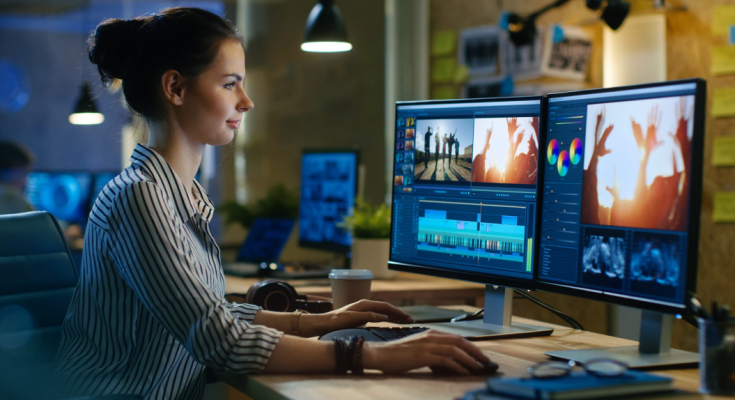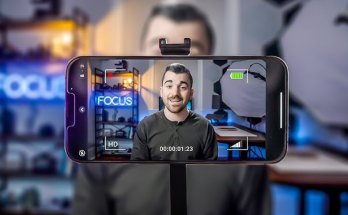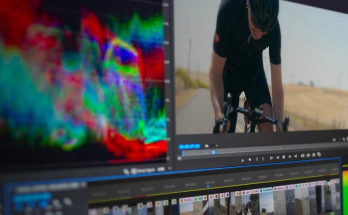How to become a Video editor?

The fact that there is no one “right” way to edit a video is one of its many draws. In the end, video and film editors have the creative flexibility to demonstrate their abilities through their finished projects and portfolio clips, regardless of whether they received their technical training from a formal college degree, online tutorials, or certification programs in video editing. Continue reading to learn what it takes to become a certified video editor.
The Adobe Certified Professional can help if you’re considering a career in video editing or if you just want to use your editing abilities in your existing position. The course contains all the materials required to verify your proficiency with Adobe Premiere Pro, the top video editing application for all media platforms.
A video editor: what is it?

Pre-production and post-production work are both included in the duties of video editors for visual media. Using computer software, they put together, chop, splice, and work with footage for movies, TV shows, commercials, web videos, and more. In order to effectively tell stories, they also add and arrange images, sounds, music, voiceovers, and special effects.
For the purpose of giving the viewer a compelling experience, video editing and sequencing are essential. A skilled video editor takes into account the feelings of the audience and advocates for pertinent calls to action. Video editors have a lot of control over the artistic direction of projects because they use a combination of technical expertise and sharp creative judgment.
Video editors usually work on freelance video projects for different clients or in-house for businesses. Additionally, because they can use their versatile editing talents to a variety of digital media platforms, some video editors have titles like content creator, social media marketer, or multimedia professional.
Project types for video editing.
Visual media and video content are at their best right now, whether viewers are looking to be informed, entertained, or convinced. However, depending on the requirements of a project, there can be an infinite number of things for a video editor to consider. Video content comes in a wide range of forms and durations. Present-day video editors often handle the following types of assignments:
YouTube videos for businesses or individual channels
Videos on social media can increase company exposure, such as vlogs, instructional videos, and interesting short videos for various platforms
Conversations
Films and movies, encompassing feature-length, documentaries, and shorts
TV series
TV commercials and online advertisements Corporate/business presentation videos
advertisements
endorsements or promotional films
Videos that provide instructions or product descriptions
Videos for virtual reality (VR) can replicate and provide an immersive experience.
Each video editor should possess these six essential abilities.
A proficient video editor possesses a variety of skill sets, despite the position appearing to be quite specialized.
1. Communication skills
Video editors need to communicate clearly, take initiative, and listen intently. Develop these abilities to make sure they remain aware of all the important conversations and moving components of a project. Working effectively and efficiently with internal teams or external clients requires effective communication. Additionally, editors can avoid errors, misunderstandings, and delays by consistently soliciting input on the status of a movie.
2. Eye coordination
Video editors ought to possess an innate sense of what constitutes a high-caliber media content. They require visual skills in order to assume creative ownership of the editing process. This can involve understanding the ideal technique for color-correcting video clips in accordance with the general style and tone of the video.
3. Focus on the details
A video editor should be aware of every last feature seen on screen, including motion continuity, point of view (POV), special effects, and audio and video synchronization, and they should be continuously on the lookout for faults.
4. Adaptability
Patience and flexibility are two more essential qualities. An effective video editor can always swiftly adapt to modifications, criticism, and new project requirements.
5. Capacity to function under pressure
The stakes are frequently very high when it comes to project finances and timeframes. Time management abilities are therefore crucial.
6. Storytelling
Videos, no matter how short, are a visual narrative art and science. It’s crucial for video editors to retain empathy and emotional depth since they make a big difference in how to draw in viewers and establish an emotional connection.
For more information: Adobe Software
For more information: Newsreap



